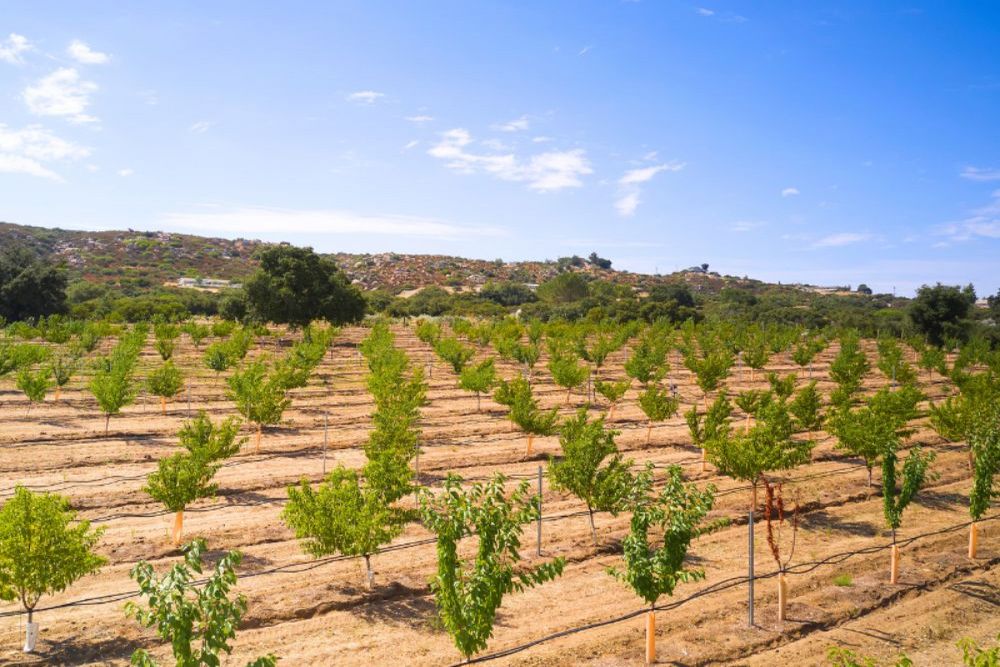How Regenerative Agave Farming Improves Biodiversity and Soil Health
How Regenerative Agave Farming Improves Biodiversity and Soil Health
Author
fotex
Share
Author
fotex
Share

Regenerative agave farming is more than just a method of cultivating plants; it’s a holistic approach that revitalizes the land and restores balance to the ecosystem. At The Agave Farm, we take pride in using farming techniques that produce high-quality agave and contribute to the environment’s health. By focusing on sustainability and biodiversity, regenerative agave farming ensures that every plant grown positively impacts the soil, water, and surrounding wildlife. This farming method benefits agave cultivation and supports the restoration of ecosystems vital for a thriving, balanced environment.
Enhancing Soil Health Through Regenerative Practices
The foundation of regenerative agave farming lies in its focus on soil health. Healthy soil is essential for the success of any agricultural endeavor, and regenerative practices aim to improve soil structure, increase organic matter, and promote microbial activity. Unlike conventional farming, which often depletes the soil, regenerative methods use cover crops, mulching, and reduced tillage to foster a thriving soil ecosystem. These practices help retain moisture, reduce erosion, and increase the fertility of the land. As a result, the soil becomes more resilient, supporting healthy agave growth and other plants that contribute to the farm’s biodiversity.
Biodiversity as a Key to Long-Term Sustainability
Biodiversity is crucial for the long-term sustainability of any farm, and regenerative agave farming embraces the idea of working with nature rather than against it. By promoting a variety of plant and animal species, regenerative farming creates a balanced ecosystem where beneficial insects, pollinators, and microorganisms thrive. These diverse organisms contribute to pest control, pollination, and the breakdown of organic matter, which enriches the soil. On our farm, you’ll find agave and a mix of native plants, trees, and other species contributing to the land’s overall health. This biodiversity creates a resilient ecosystem that can withstand environmental challenges and maintain productivity over time.
Water Conservation and Regenerative Agave Farming
Water is a precious resource, especially when drought conditions can be a concern. Regenerative agave farming practices are critical in water conservation by minimizing water waste. For example, mulching and cover crops help retain moisture in the soil, reducing the need for frequent irrigation. Additionally, regenerative farms often implement rainwater harvesting techniques, allowing us to collect and store rainwater during drier periods. By reducing the need for external water sources, regenerative agave farming helps protect local water systems and ensures that the farm can operate sustainably.
The Future of Regenerative Agave Farming
The future of regenerative agave farming is one of growth and opportunity. As more people recognize the environmental benefits of regenerative agriculture, demand for products grown with these methods will continue to rise. At The Agave Farm, we are committed to being part of this movement by providing you with the tools and knowledge to grow agave in a way that benefits both the land and the community. Whether you’re interested in producing agave for spirits, fiber, or other uses, regenerative farming techniques can create sustainable and meaningful products. By joining us in this journey, you can help ensure that agave farming continues to thrive for generations.
Start Your Regenerative Agave Farming Journey Today
If you’re ready to embrace regenerative agave farming, we’re here to guide you every step of the way. At The Agave Farm, we provide the tools and support you need to cultivate agave sustainably, enhancing your product and the environment. Let’s create something exceptional together—one agave at a time.

